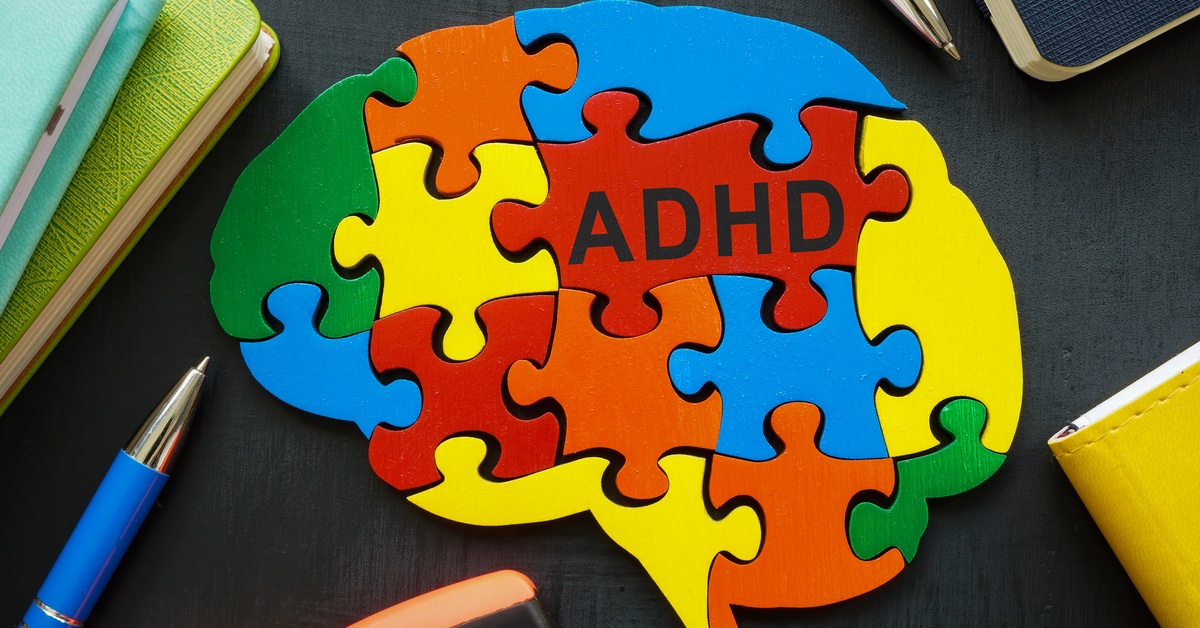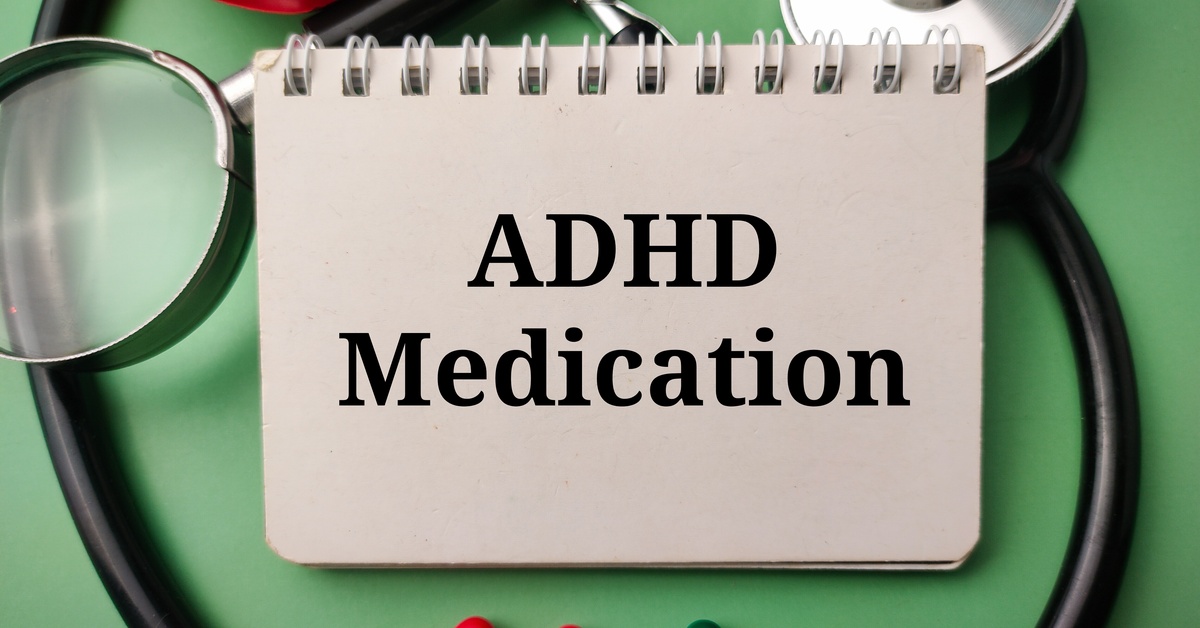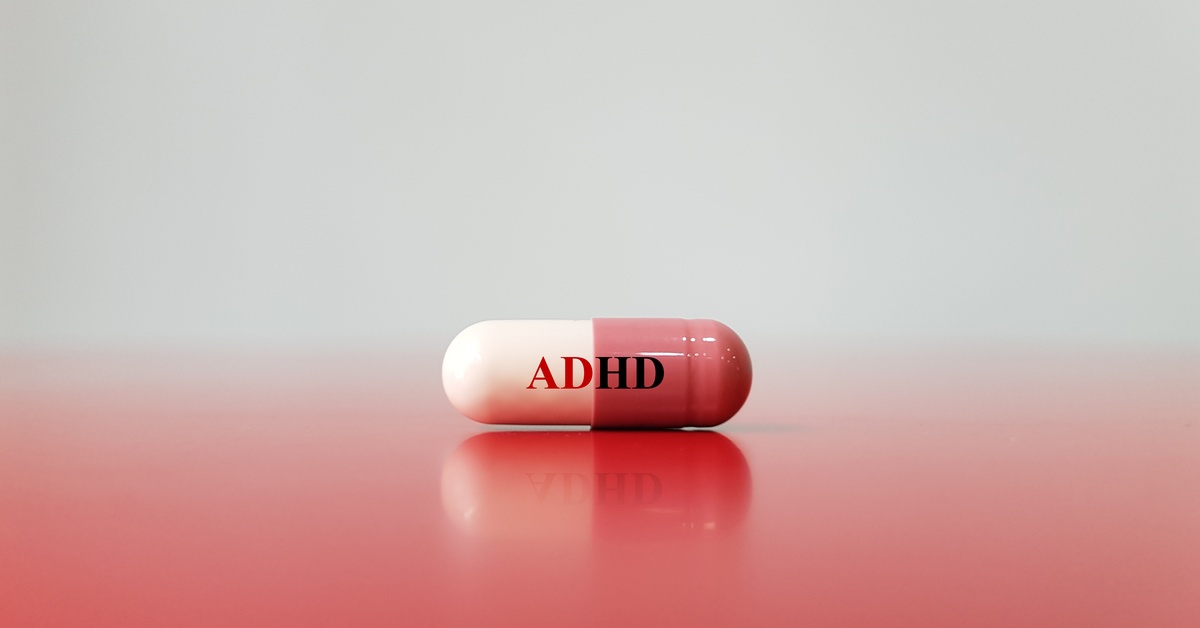The Benefits of Medication Management for ADHD

Attention-Deficit/Hyperactivity Disorder (ADHD) affects millions of people around the world, and its symptoms can significantly impact daily life. For many, medication plays an important role in managing ADHD symptoms effectively and improving quality of life.
The benefits of medication management for ADHD extend beyond simply taking a pill each day. It involves personalized care, monitoring, and adjustment that helps people achieve the best possible results. Let’s explore how proper medication management supports individuals with ADHD in living fuller, more productive lives.
Understanding ADHD and the Role of Medication
ADHD is a neurodevelopmental disorder characterized by symptoms such as inattention, hyperactivity, impulsivity, or a combination of these traits. These challenges can interfere with school, work, relationships, and personal goals. While behavioral therapy, lifestyle changes, and coaching provide valuable support, medication remains a cornerstone of ADHD treatment for many.
Medications prescribed for ADHD work by targeting certain neurotransmitters in the brain to improve focus, reduce impulsivity, and help regulate emotions. Doctors routinely prescribe stimulants such as methylphenidate or amphetamines because of their effectiveness. Non-stimulant medications are also available for those who don’t respond well to stimulants or prefer alternative options.
However, the effects of ADHD medications can vary from person to person. Some may experience quick improvements, while others need careful adjustments to dosage or type of medication to find what works best.
A structured, ongoing plan for managing medication ensures that the treatment remains safe and effective. Healthcare providers work closely with patients to monitor progress, adjust doses as needed, and watch for side effects, creating a collaborative process tailored to each individual.
Benefits of Professional Oversight and Monitoring

Professional oversight and consistent monitoring offer significant benefits regarding ADHD medication. Many people who start medication experience some trial and error in finding the optimal dose and type. Without guidance, it can become frustrating or discouraging. Medication management takes guesswork out of the process.
One of the key benefits is safety. ADHD medications are powerful tools, but they can cause side effects such as appetite suppression, sleep problems, increased heart rate, or mood changes. A healthcare professional can identify these issues early and make adjustments before they become serious. Regular check-ins also ensure that medication remains effective over time, as tolerance and life stressors can change how symptoms present.
Another benefit of ongoing monitoring is accountability. Many people with ADHD find it hard to stay consistent with medication without support. Medication management includes reminders, follow-ups, and encouragement, which can help reinforce adherence to the treatment plan.
Providers also use monitoring appointments to track progress toward specific goals. For example, if a student with ADHD wants to improve their grades or someone at work wants to reduce errors and stay organized, the provider can help assess whether the medication prescribed helps them meet these milestones. This collaborative approach keeps treatment goal-oriented and empowering rather than passive.
Combining Medication with Broader ADHD Strategies
Medication is most effective when integrated into a broader treatment strategy. Medication management programs help patients build complementary skills and habits that enhance the benefits of their prescriptions.
For example, a person may discover that their focus improves on medication, but they still struggle with time management or organization. A good medication management plan may include referrals to ADHD coaching, therapy, or resources that address these skill gaps. This whole-person approach leads to better long-term outcomes.
Some providers now offer online medication management options, which make it easier to access care. For busy people or those in areas with limited mental health services, virtual visits can save time and reduce barriers to care. Online platforms often include digital tracking tools, messaging with providers, and educational resources that support self-management.
Education is another important piece of the puzzle. Through medication management, patients learn more about how ADHD affects their brains and behavior, as well as how medication interacts with these processes. This knowledge helps them make informed decisions and recognize when they should adjust their programs.
Reducing Stigma and Improving Confidence
One of the less-discussed but equally important benefits of medication management for ADHD is its impact on self-esteem and stigma. Many people feel ashamed or frustrated by their ADHD symptoms, believing they simply need to “try harder” or that their challenges are a personal failing. Working with a provider on a medication plan reinforces the message that ADHD is a legitimate medical condition with evidence-based treatments.
As patients see improvements in their daily functioning, their confidence often grows. Tasks that once seemed impossible, such as finishing a work project, paying attention in a long meeting, or keeping a clean home, become more manageable. These wins, however small, add up over time and can shift a person’s entire outlook.
Medication management also creates a safe space to talk openly about challenges and fears. Many providers encourage patients to share what’s working and what’s not, validating their experiences and reinforcing that they deserve effective care. This kind of relationship can reduce the isolation that many people with ADHD feel.
Improved confidence and reduced stigma can have ripple effects in other areas of life. When people feel capable of managing their symptoms, they’re more likely to pursue goals, maintain relationships, and advocate for themselves at school or work. The result is better symptom control and a more positive and proactive mindset.
Long-Term Success and Adaptability

ADHD is often a lifelong condition, which makes adaptability crucial. What works during childhood may not work in adulthood, and what works during a calm period of life may not suffice during times of stress. Medication management provides the flexibility to adjust treatment as needed over time.
Long-term management is particularly important during life transitions. Moving to a new city, starting a demanding job, or becoming a parent can all change the way ADHD symptoms show up. With regular check-ins, patients can adjust their medication to fit new demands without unnecessary trial and error.
Another long-term benefit is the ability to track progress over months and years. Many people with ADHD forget how much they’ve improved because of their laser focus on daily challenges. Medication management appointments can highlight progress by reviewing past goals and achievements, which provides motivation to keep going.
Regular management also helps prevent complacency. When things are going well, periodic reviews ensure that the current treatment is still the best option. If a better medication becomes available, or if a patient wants to try tapering or switching, they can do so safely under professional guidance.
Medication Management: A Powerful Step in the Right Direction
While ADHD remains a challenging condition, the right treatment plan and professional support allow many people to lead productive and fulfilling lives. Medication management transforms treatment from a guessing game into a guided, goal-oriented process that addresses each person’s unique needs.
Whether through in-person visits or online medication management services at MindRx, ongoing oversight helps individuals make the most of their medication and build a brighter future. If you’re living with ADHD, know that you deserve a care plan that works as hard as you do—and medication management is a powerful step in the right direction.